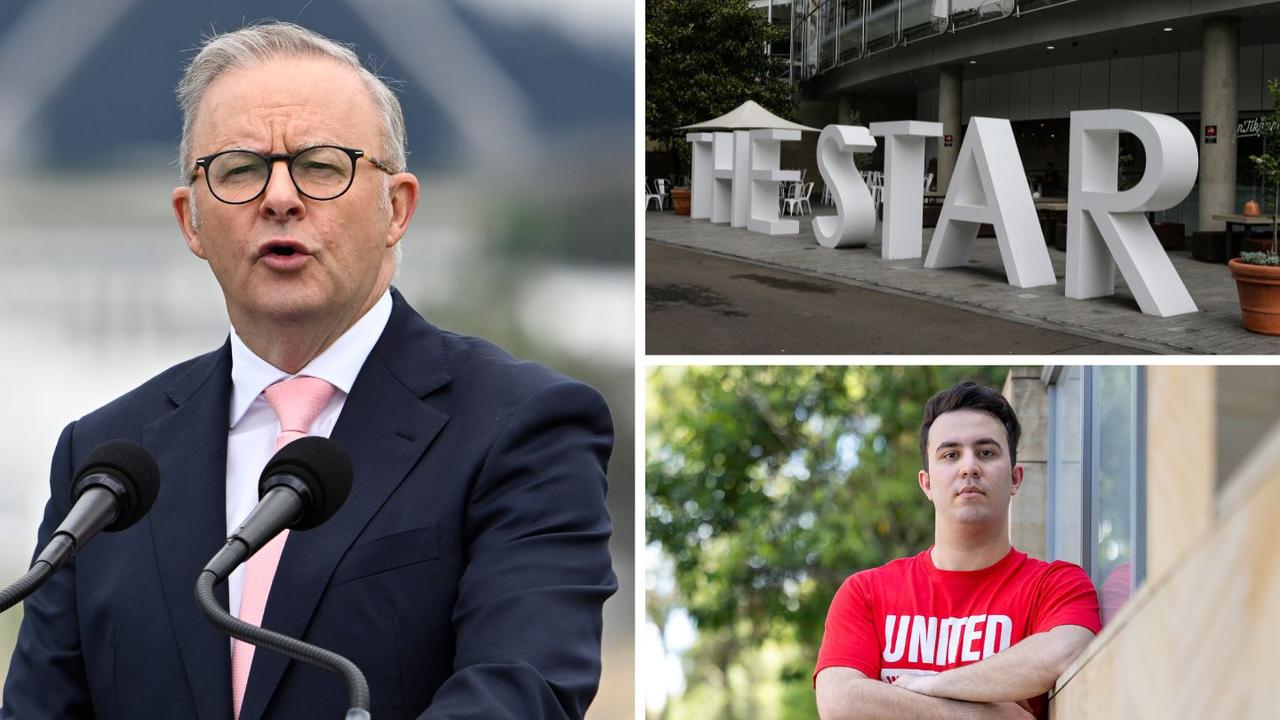McKay calls for Constance to be sacked over botched contaminated land deal
The Auditor-General has ruled in a scathing new report that the possibility a purchase of contaminated land was affected by corruption can’t be ruled out.
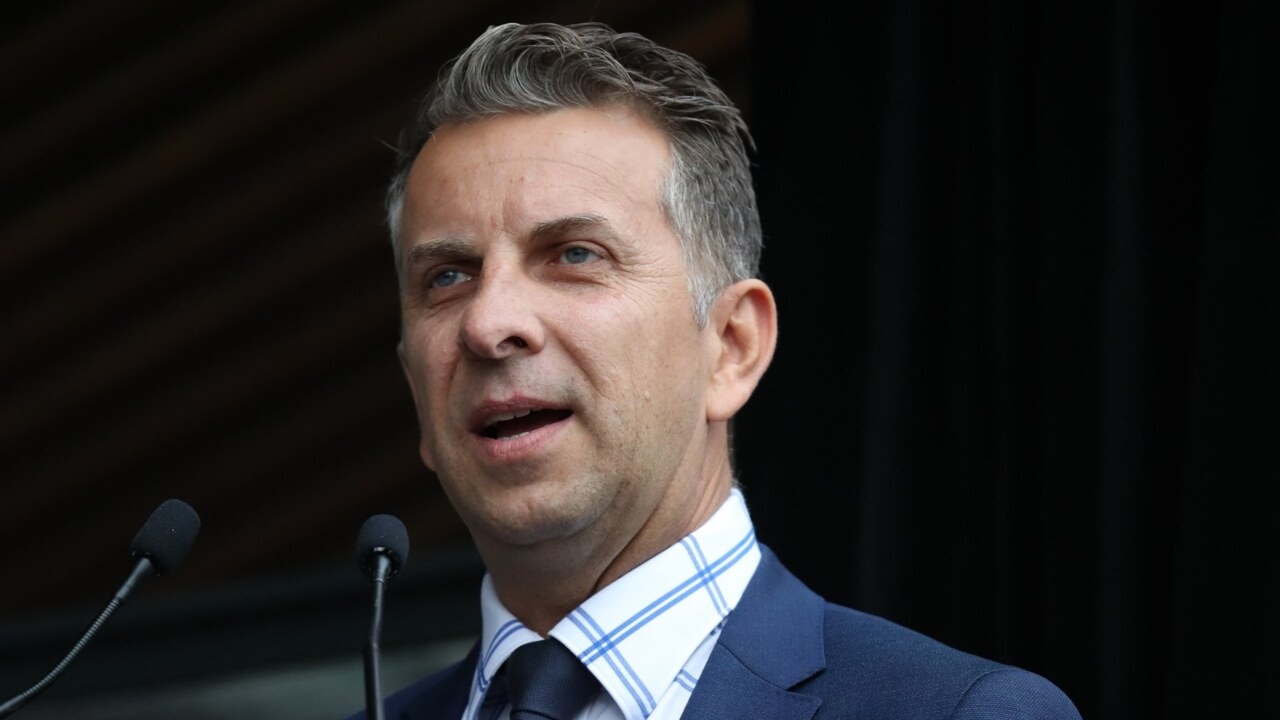
NSW
Don't miss out on the headlines from NSW. Followed categories will be added to My News.
The State Government’s purchase of contaminated land in Western Sydney was “ineffective … rushed and poorly informed” and may have been “affected by misconduct or corruption”.
The damning findings, contained in an Auditor General’s report on the $53.5 million purchase of land at Camellia, have left Transport Minister Andew Constance “furious and disgusted”.
The Minister on Tuesday pledged to adopt all of the Auditor General’s recommendations “to the letter”.
The government is now under pressure to support a Labor bid to compel the ICAC to examine the purchase when parliament resumes, after the Auditor General called for an “independent investigation” to determine whether the purchase “was affected by maladministration, fraudulent activity or misconduct”.
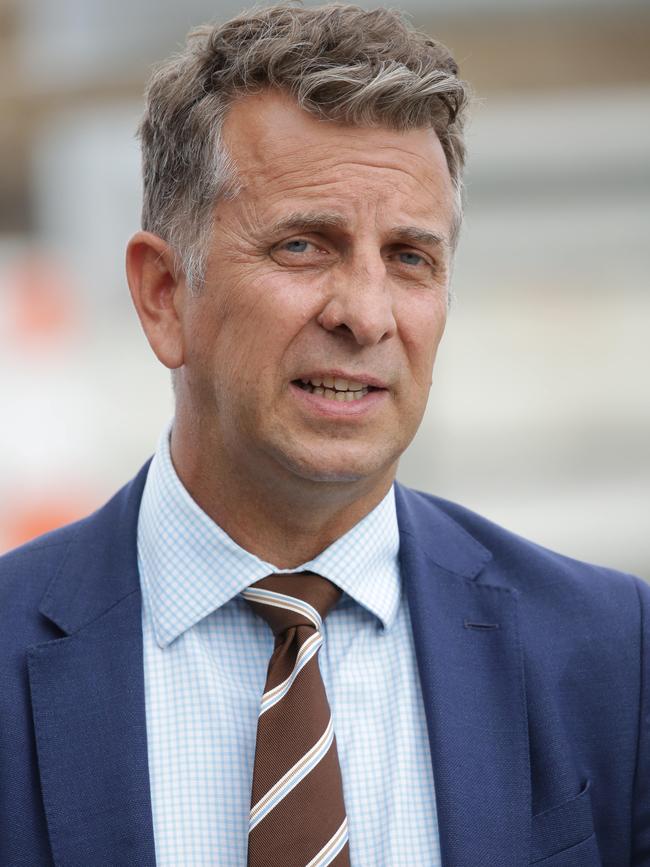
On top of the initial $53.5m – which was paid before the land had been valued – the taxpayer has already spent almost $106m cleaning up contamination of the land.
Only one person completed a conflict of interest declaration as part of the purchase.
The Auditor General found that Transport for NSW’s (TfNSW’s) “insufficient probity practices and gaps in documentation mean that we are unable to exclude the possibility that the transaction was affected by misconduct or corruption”.
The land was bought without an independent valuation. When TfNSW valued the land after settlement, it instructed the valuer to disregard any contamination of the site even though the contamination was known at the time of the purchase, the Auditor General found.
“This raises doubts about the purpose and validity of the valuation and whether it provided any genuine basis upon which TfNSW could assure itself that the acquisition represented value for money for the State,” Auditor General Margaret Crawford said.
The vendor – an arm of property developer Billbergia – was pushing for a quick sale, Ms Crawford noted.
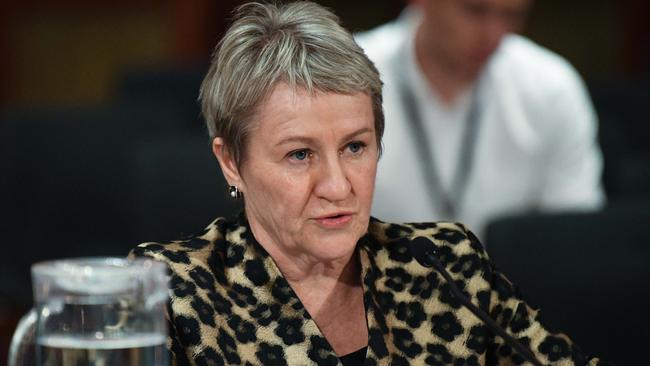
The company made $15m profit on the sale seven months after purchasing the land.
Government staff did not have formal approval when they offered $53.5m for the land, and the Acting General Secretary who approved the acquisition didn’t have the delegation to do so.
The government agency also took on responsibility for cleaning up the land but didn’t seek to know how much that remediation would cost.
Stunningly, Ms Crawford notes, “many of the gaps in policy and procedure guidance” noted in her findings are still in place at TfNSW today.
Andrew Constance said the findings highlighted “bloody unacceptable” behaviour. “I’m furious about it,” he said.
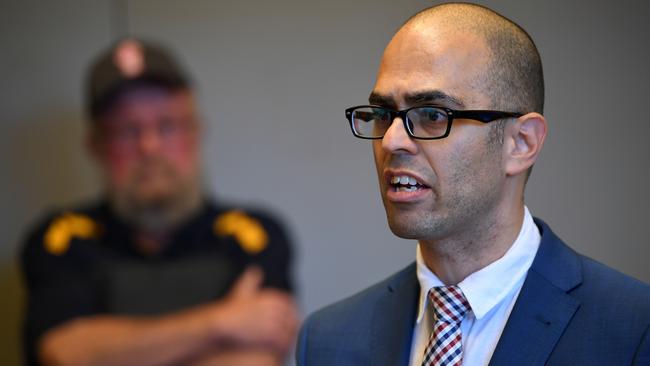
He has tasked new Transport for NSW Secretary Rob Sharp with investigating the matter.
Mr Constance has already referred the matter to ICAC, but the government has previously knocked back a Labor bid in parliament to compel the watchdog to investigate.
“I’m not going to pre-empt what the secretary will do or what the ICAC findings are,” he said.
Labor’s Finance spokesman Daniel Mookhey said with questionable practices still in place, “every property deal by Transport For New South Wales is tainted”.
“How can the families set to lose their homes in compulsory acquisitions have any confidence in the Minister or Transport for NSW?
“This is by far the worst property deal by any Australian Government this century,“ he said.
He said “heads must roll” over the purchase.
Labor Leader Jodi McKay called for Mr Constance to be sacked over the botched deal.




